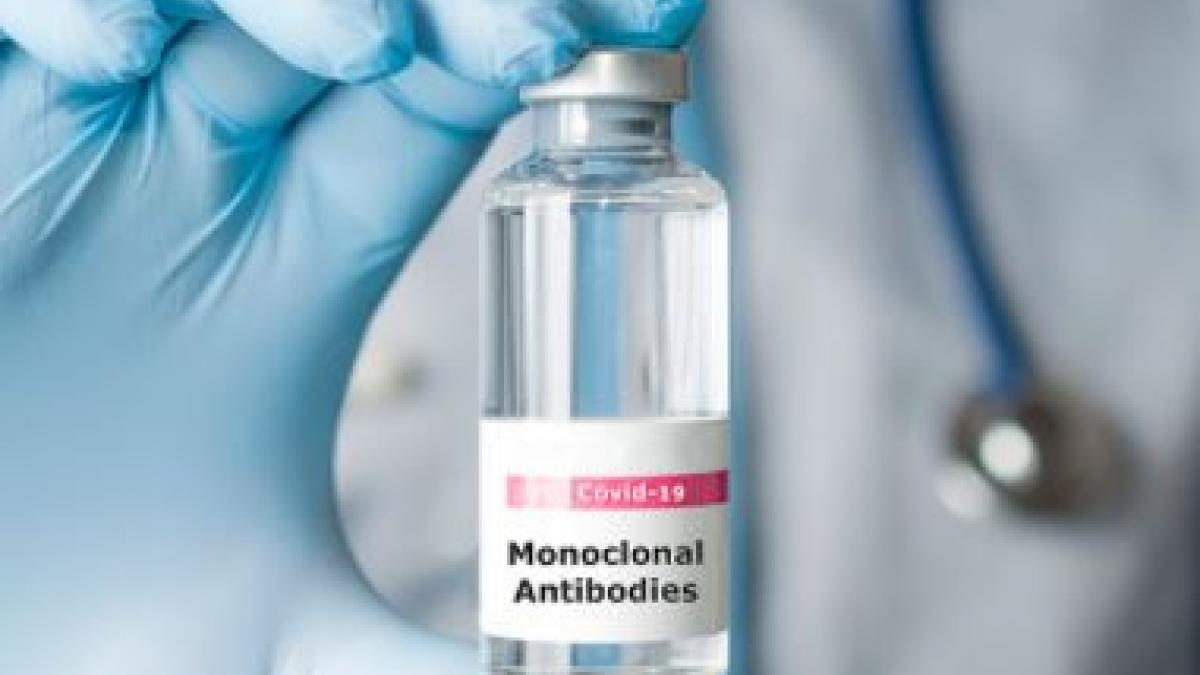Malliotakis Continues Push for COVID-19 Therapeutics as Feds Increase New York's Supply

(WASHINGTON, DC) - Following her December 23, 2021, letter to President Biden urging the Administration to increase the supply and distribution of COVID-19 therapeutic treatments, Congresswoman Nicole Malliotakis (NY-11), a member of the Select Subcommittee on the Coronavirus Crisis, is pleased to see New York State's weekly allocation of monoclonal antibody doses increase even further for the third week in a row.
This week, New York received 44,578 doses of monoclonal antibody treatment, nearly five times the amount it was receiving at the beginning of December prior to Malliotakis' push, and twice the amount it received over the past two weeks.
"I'm pleased to see the federal government continue to increase New York State's weekly allocation of monoclonal antibodies by tens of thousands of units," said Malliotakis who has pushed the federal government to prioritize treatments and therapeutics. "Access to these treatments is critically important to those I represent and the federal government must continue to prioritize their production and equitable distribution. These life-saving treatments are the key to bringing our country back to normalcy and helping us live with this virus."
Today Malliotakis met with Dr. Rochelle Walensky, Director of the Centers for Disease Control and Prevention (CDC) along with Dr. David Kessler from the Department of Health and Human Services (HHS) where she reiterated that producing and distributing large quantities of COVID-19 therapeutic treatments is the key to returning to normalcy. She also pressed the officials about what can be done to ensure states prioritize an individual's medical need rather than race when administering treatments.
Malliotakis added: "New York City and State's decision to allocate therapeutic treatments by race rather than an individual's medical condition is problematic and wrong. Allocation and administration should be based on health need only and the federal government should be ensuring states are distributing these treatments equitably."